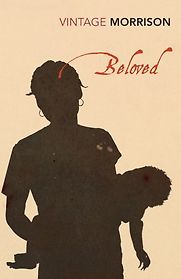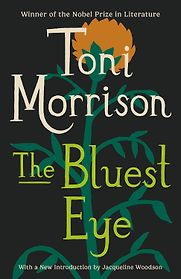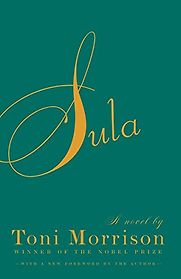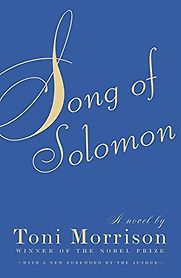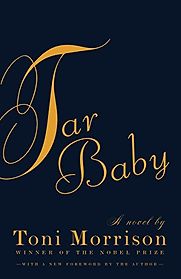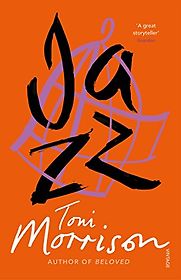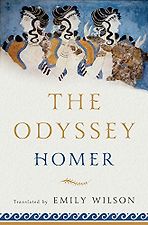Recommendations from our site
“Beloved is hard to categorize. I read this when I was at university many years ago, for my undergraduate degree. I remember feeling that I had never read anything like this in my life; the way it’s written is so unique. It’s very much a gothic fantasy, but it’s using the Gothic to look at slavery, and that horrific past that affected so many people. The protagonist, Sethe, was born a slave and is haunted by her ghost baby. The intrigue for me was that she had killed this child, and yet it was very clear that she loved this child. Why would you do such a thing? – and that really takes you into the horrors of slavery, and the kind of life that she did not want for her child.” Read more...
“Today the vast majority of scholars agree that slavery was the single most important factor leading to the Civil War, touching virtually every other major political and cultural issue of the day – from economics to state autonomy to national expansion. As a professor of American literature, I know of no novel that better illustrates the dehumanizing nature of slavery and the personal traumas it produced than Beloved. Part ghost story, part historical novel, the plot follows the protagonist, a Black woman named Sethe who escaped slavery with her four children. When slave-catchers track her down to Ohio with plans to return the family to slavery, Sethe chooses to kill her children rather than see them live a life of bondage. She manages to kill her oldest daughter, Beloved, and wounds her two sons. This act of violence at once horrifies all who witness it, black and white, and yet it stands as a powerful repudiation of the institution of slavery and the evils it promotes.” Read more...
Classic Novels of the American Civil War
Craig A. Warren, Literary Scholar
“For me, Beloved is like an object that light bends around – I can’t think about American literature without it…Beloved is at least partly about looking that fallacious dream of American unity directly in the face and excavating the utter horror on which it’s built…I have spent a lot of time thinking about the final pages of Beloved, because in that epilogue Morrison acknowledges the paradox of what it means to remember something that unspeakable, something that has ruined your body and your mind and the bodies and minds of millions of others. Because how can you go on carrying that?” Read more...
“It’s a book about the divide between the land of slavery and the land of freedom, which winds up insisting that there’s not much of a divide after all. The long arm of slavery asserts itself from Kentucky into Cincinnati, where the main character has escaped, and where slave catchers find her. Instead of going peaceably back to the plantation where she was enslaved, she kills her child and freaks out, causing the slave catchers to shrink back. The legacy of all that she fled comes back, as the slain child comes back, in a ghostly form, to haunt her life. “This is not a story to pass on,” the book says towards the end, and yet it does.” Read more...
“Morrison had always thought the story of enslavement was too large to take on, but the story of Margaret Garner engaged her imagination and inspired the novel. She was intrigued with the thought of infanticide as an example of excessive maternal love under the duress of the terror of enslavement. In a sense, she wanted to interrogate what kind of love would drive a mother to engage in such an act, and what the consequences for her emotional life might be. The novel looks at enslavement primarily from a woman’s perspective, in contradistinction to the perspective in familiar slave narratives, written primarily by men, like Frederick Douglass. “ Read more...
Marilyn Mobley, Literary Scholar
“Beloved was Morrison’s fifth novel. It’s a gripping story, inspired by a famous abolitionist case, the true story of a woman who runs away from slavery with her children, but when the slave catchers catch up with her, she kills one of her own and tries to kill the others, rather than returning them to slavery. The specter of slavery is unrecognized and unnamed; it is embodied in a ghost-like, other-worldly figure. It’s a novel about trauma and psychic scarring, but it’s a novel that points toward a necessary reckoning with what she calls the black and lonely dead, those lost from the Middle Passage, through abolition to the racial violence of the twentieth century.” Read more...
The Best African American Literature
Farah Jasmine Griffin, Literary Scholar
“I was shocked by the blunt force of its subject matter and its exquisitely torqued prose. It remains one of my most adored novels.” Read more...
Esi Edugyan on Books That Influenced Her
Esi Edugyan, Novelist
